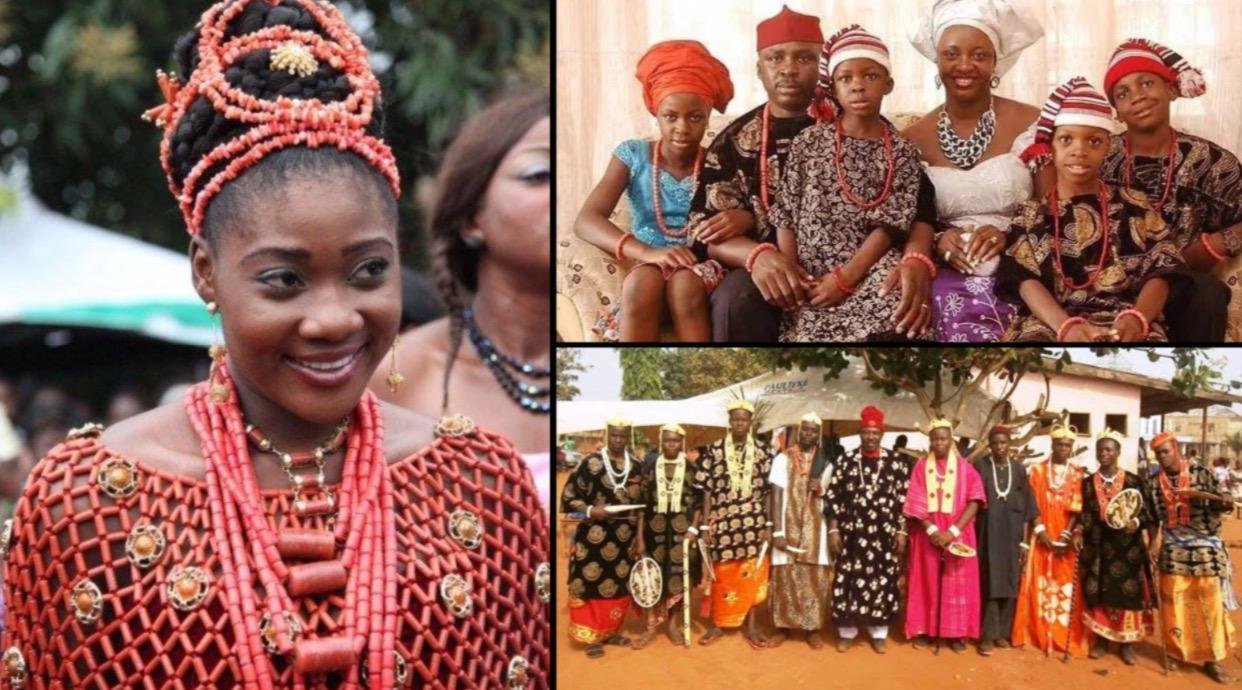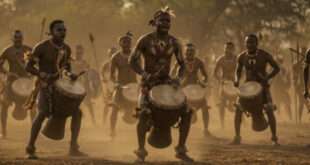There are more than 300 tribes in Nigeria and among them are three which are often referred to as the major ones, and these three are the Hausa people, the Igbo people, and the Yorubas.
The Igbo Tribe
Located in southeastern Nigeria, the people of Igboland (also referred to as the Igbos), are one of the most highly populated groups in southern Nigeria. Their culture is very diverse in nature, and a lot of their diversity stems from them being divided into the eastern and midwestern regions by the Niger River. Though the two areas can vary in certain cultural aspects, there are some factors that stay the same no matter which side of Igboland you visit.
Culture
Though many characteristics of the Igbo culture are a bit unconventional, when it comes to socializing they tend to be very traditional. Respect is given to the male head of the household, and also to the elderly. It is ingrained in children from an early age to respect their elders at all times, and under all circumstances.
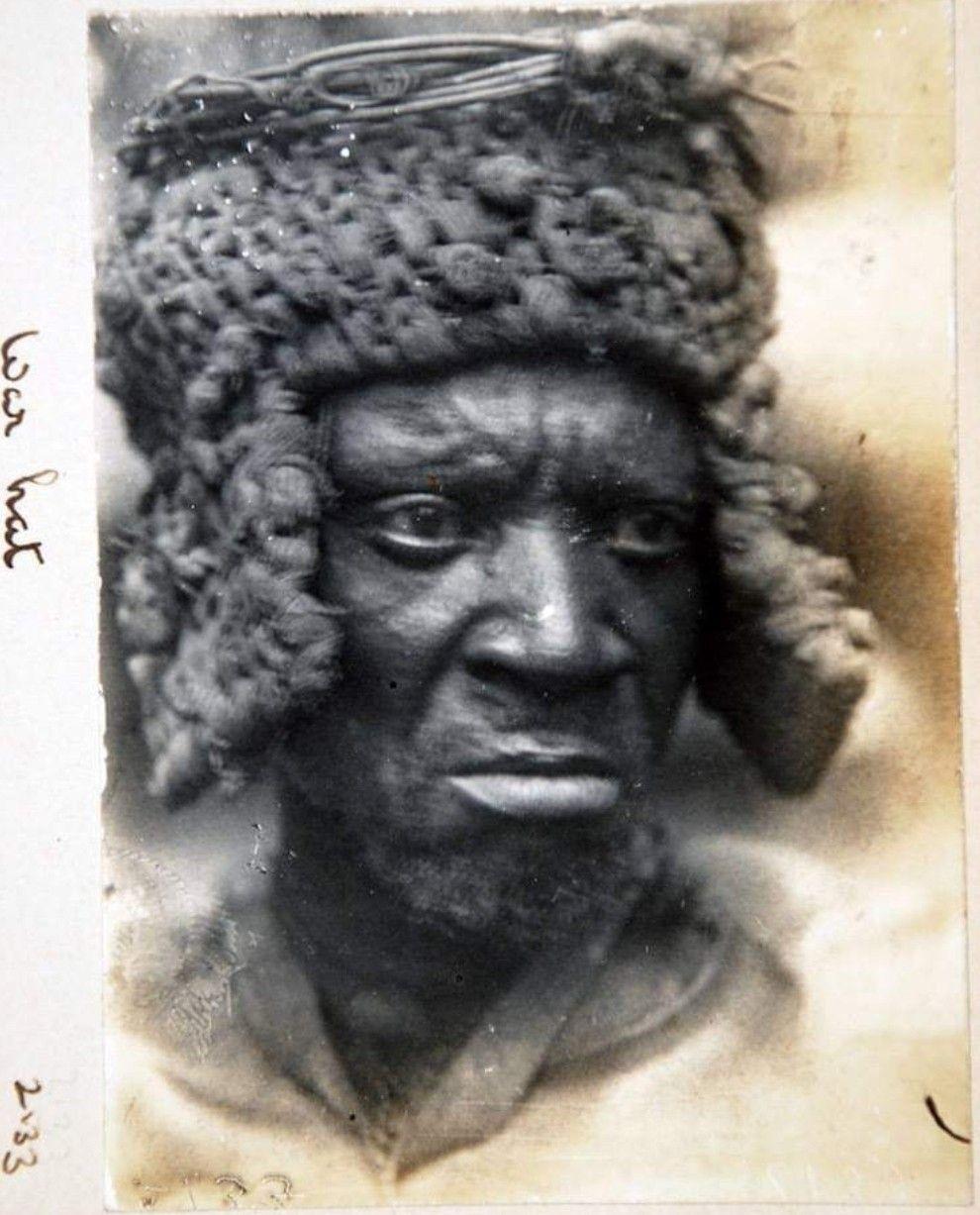
As in many cultures, your social status depends on your status of wealth. The Igbo people classify members of their community into three groups. The “nnukwu mmadu” are the rich, the “dimkpa” are the middle class, and the “ogbenye” are the lower class. It is vastly similar to most other classification systems around the world.
They Celebrate Birth and Death Graciously
The Igbos hold birth and death at a very high and celebrated standard. When a child is born into the Igbo culture, the members of that particular community throw a naming ceremony in which friends and family choose various names for the child. Once the child is born, the umbilical cord of the child is buried under a tree of the mother’s choosing. From that point forward, they believe that the tree belongs to the child, and it will grow in accordance with how successful the child becomes.
Death is also of high importance for the Igbo people. When a family member passes, there is a service held in which the body is sat in an upright position, and friends and family alike can come and pay their respects. Males who were the head of the household are often buried underneath the ground of their family’s house. The Igbo people view death as a time for commemoration as opposed to a time of sadness.
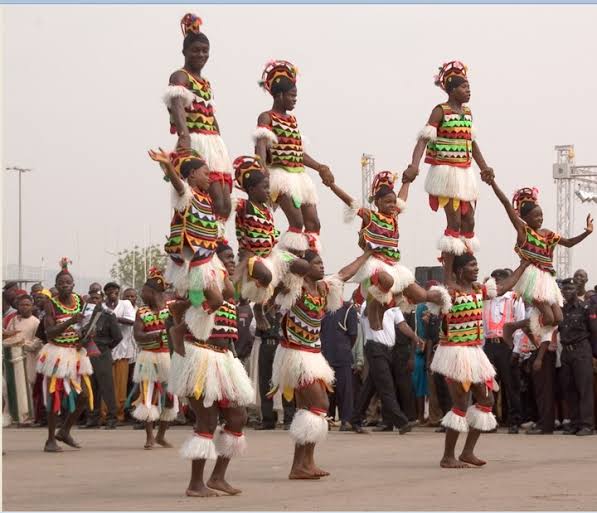
Music is Greatly Appreciated
The Igbo people are known for their appreciation of music and various handmade instruments. Most of their instruments are either in the string or woodwind categories. They often play the “opi” (similar to the flute) or the “ubaw-akwala” which resembles a triangular guitar. Musicians will often circle the land at night playing the ubaw-akwala for residents and passersby.
The Igbos also have different styles of music that they perform. Their main musical genre is one called “Ikorodo”, which is performed with various instruments and lead vocals. They also enjoy “Highlife”, which is a genre of music popular in the rest of West Africa as well. Highlife is a unique combination of jazz and classical music.
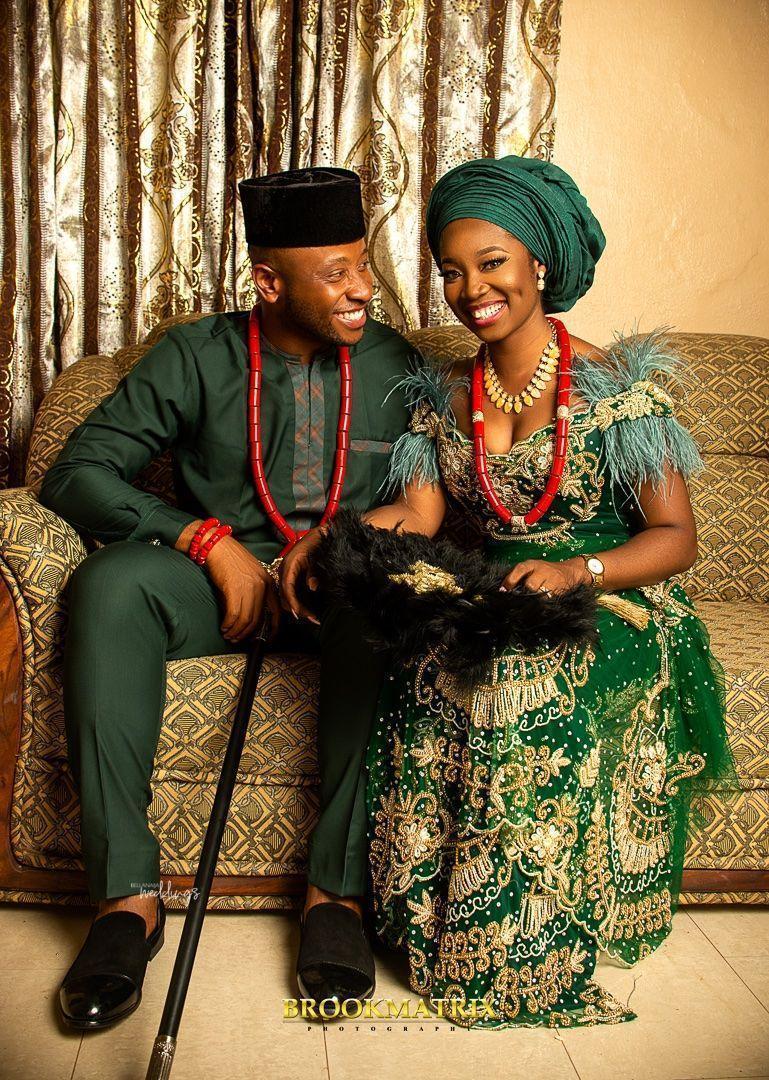
Their Fashion is Colorful
In Igbo fashion, the Midwestern fashion can vary from the eastern culture, but they generally surround the same concept. Men are known to wear robes with simple shirts over them with sandals, or they may wear dashikis, which are shirts extra long in length that are decorated with various jewels and patterns. Dashikis are often worn during formal events and celebrations.
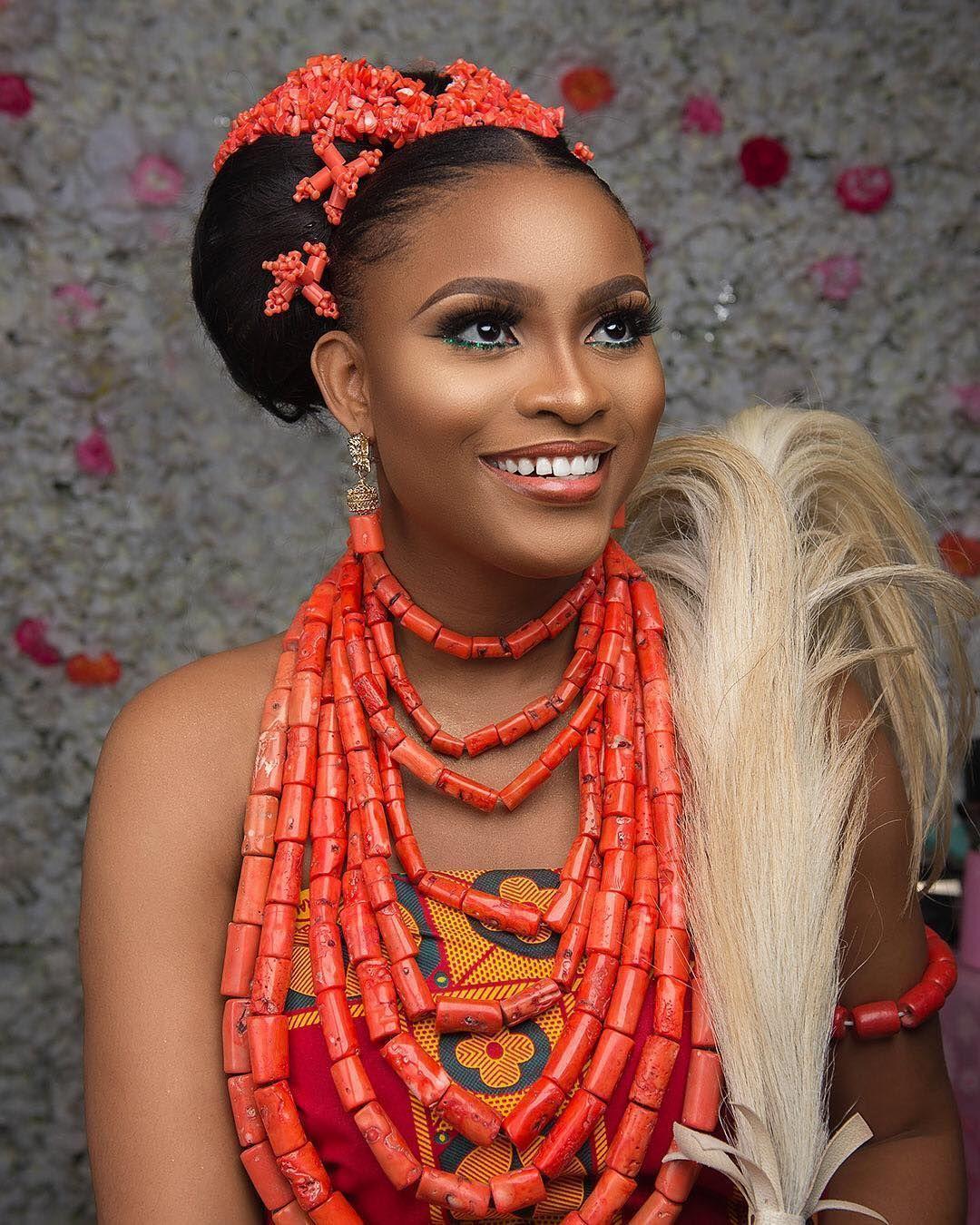
Women
When it comes to Igbo women, they often wear dyed wraps out of woven fabrics with head ties. Women wear wraps and head ties during both formal gatherings and in everyday life. It is common for a woman in the Igbo culture to add various pieces of cloths to her attire in order to represent her spouse and the number of children she has.
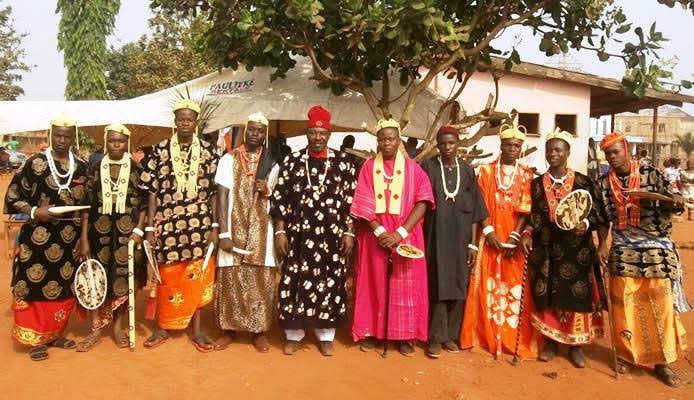
Language
The Igbo is a member of the Volta-Niger branch of the Niger-Congo family of languages. It is spoken by more than 18 million people in Nigeria and Equatorial Guinea.
There are several variations (dialects) of the Igbo language but the standard written form of Igbo is based on the Owerri and Umuahia dialects which have been in use since 1962.
Religion
Christianity gained grounds in Igboland in late 1800, thus, the majority of them are Christians. Before Christianity Igbo traditional religion is based on the belief that there is one creator, God, known as ‘Chi’ – who can be reached through other deities and spirits in the form of natural objects.
Food
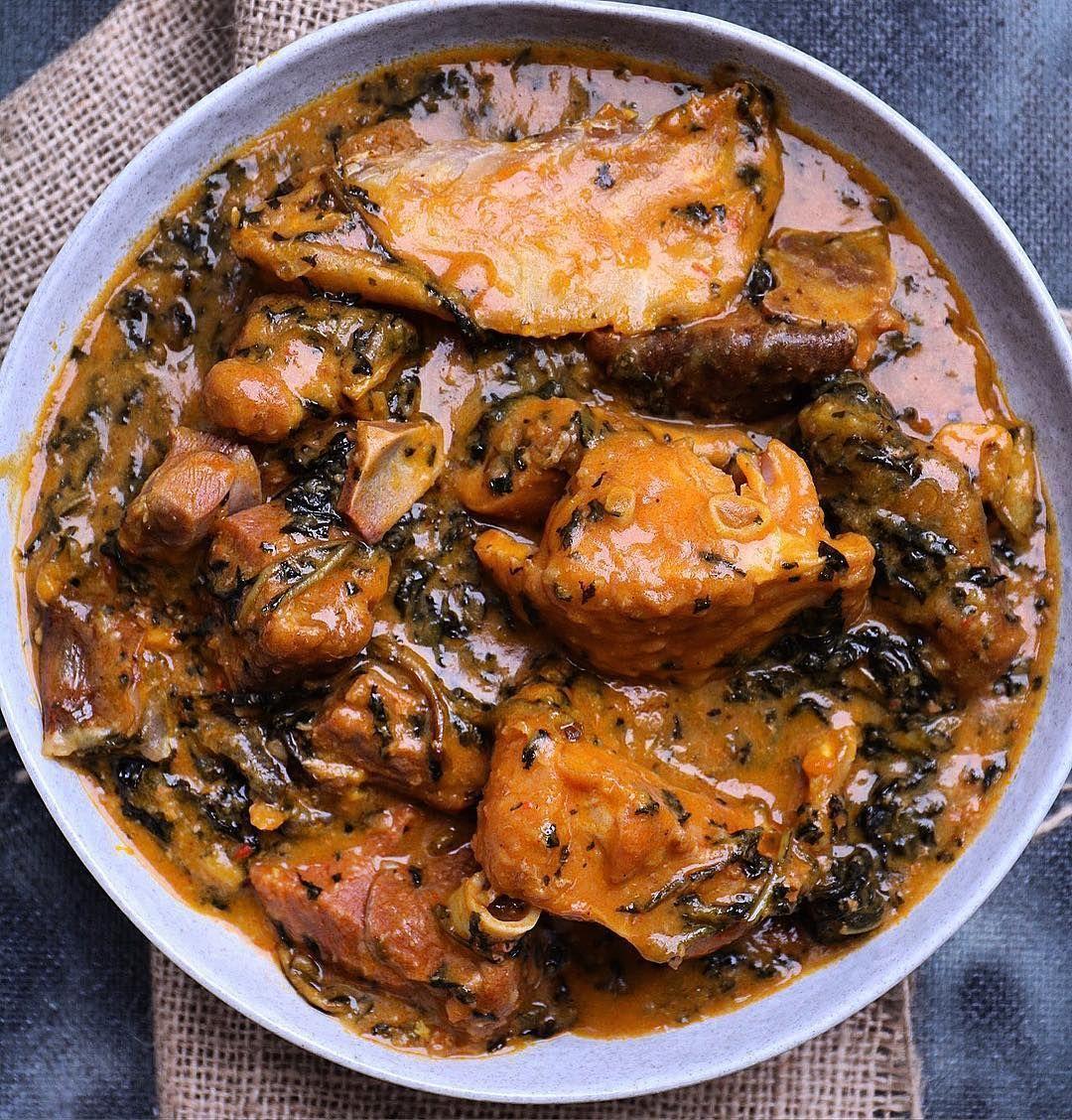
The Igbo people have one of the most nutritious and delicious delicacies that sort for all over the world. Their cuisine includes the dishes like ukwa (breadfruit), Ofe Onugbo (bitter leaf soup), Ofe Oha/Ora (Oha soup), Ofe Okazi (Okazi soup), Abacha. Ugba (Oil bean) and many more.
Other Facts
The Igbo People Believe in Education
When Igboland gained freedom from Britain in the year of 1960, they started stressing the importance of education on their youth. They focus mainly on primary education, but they are starting to branch out a bit more and introduce secondary education to a big part of the population as well. The Igbos are known to be a very political and educated group of people.
The Igbo culture is said to be a very welcoming bunch of people when it comes to fellow residents and tourists alike. With their culture being so rich in value and customs, they are one of the most interesting groups of people throughout the world. From their various ceremonial events to their solid belief systems, they are certainly one of the most intriguing civilizations in the world.
By: buzznigeria
 The African History Truly African
The African History Truly African
